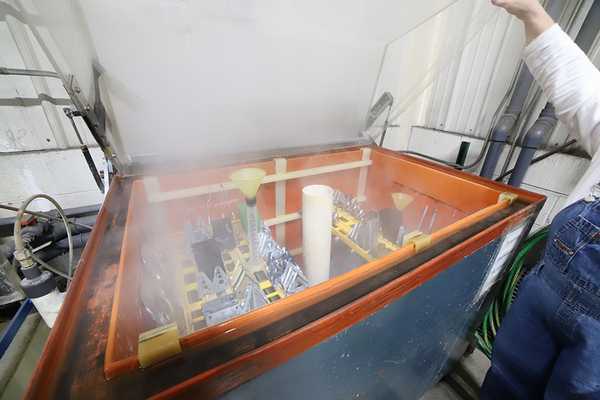- Qinsun Instruments Co., Ltd.
- Tell:+86-21-6780 0179
- Phone:+86-17740808215
- Address:No. 2578 Minhang District Gu Dai Road, Shanghai
- Contact:Mr. Li
- QQ:846490659
The main testing technical indicators of fuel oil

The main technical indicators that need to be tested for fuel oil include sulfur content, moisture, ash content, viscosity, flash point, and mechanical impurities. Now let me introduce to you:
Sulfur content
Excessive sulfur content in fuel oil can cause corrosion of metal equipment and environmental pollution. According to the level of sulfur content, fuel oil can be divided into high sulfur, medium sulfur, and low sulfur fuel oils. In addition to carbon and hydrogen, sulfur is the third major component in petroleum composition. Although its content is much lower than the first two, its content is still an important indicator.
Moisture
Its presence will affect the pour point of fuel oil, and as the water content increases, the pour point of fuel oil gradually rises. In addition, it can also affect the combustion performance of fuel machinery and may cause accidents such as furnace stalling and shutdown.
ash content
It is the remaining non combustible part after combustion, especially after catalytic cracking circulating oil and slurry fuel oil, the silicon aluminum catalyst powder will accelerate the wear of pumps and valves. In addition, ash will also cover the heating surface of the boiler, causing deterioration of heat transfer performance.
viscosity
Viscosity is a measure of the impedance capability of fluidity, and its magnitude represents the ease of flow, pumping, and atomization performance of fuel oil.
flash point
It is an indicator of the safety of oil products. Oil products are heated to a certain temperature under specific standard conditions, so that the vapor escaping from their surface is just enough to form a combustible mixture with the surrounding air. When a standard test fire source comes into contact with the mixture, it will cause an instantaneous flash fire, and the temperature of the oil product is defined as its flash point.
density
It is the ratio of the mass of an oil product to its volume. Due to the variation of volume with temperature, density cannot exist independently of temperature. For the sake of comparison, Western regulations stipulate that the density at 15 ° C is used as the standard density for petroleum.
Mechanical impurities
Mechanical impurities can clog the filter screen, causing wear of the oil pump and blockage of the fuel injector, affecting normal combustion.





